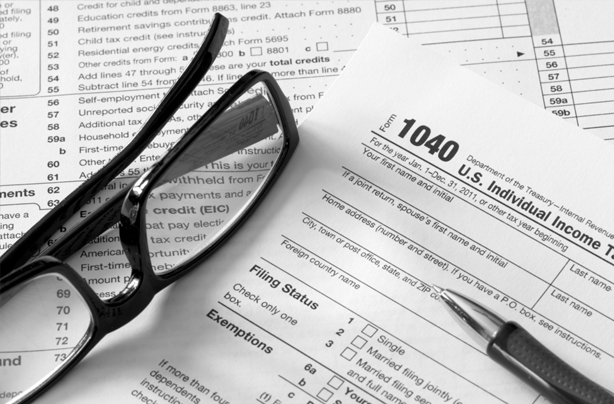Essential Tax-Related Tips For Employees Who Work From Home
Today, more and more employees are telecommuting from home. If you fall into this category, there are certain deductions that you may be able to take on your taxes that are only available to employees who work from home.

The Home Office Deduction
In the recent past, businesses of all sizes have been turning to remote workers rather than hiring people to work in-house. Having employees work directly from their homes is an excellent cost-saving measure for businesses since it eliminates expenses like leasing an office.
As an employee, you can also benefit from this arrangement. If you have a dedicated home office that you only use for work, you may be eligible to take a home office deduction. Essentially, this allows you to deduct a portion of the expenses related to owning and maintaining your home. For instance, you may be able to deduct a percentage of fees like your property taxes, utilities, and homeowners’ insurance.
Travel-Related Expenses
You also may qualify for deductions related to travel expenses. For instance, if you go on a business trip and pay for your hotel room and meals yourself, you typically can deduct those expenses at tax time.
Granted, you can only deduct expenses that your employer doesn’t reimburse you for. Many employers rely on a standard rate when it comes to reimbursing employees for mileage. If your costs exceed that amount, you may be able to deduct the extra mileage at tax time and get a tax rebate.
Maintain Excellent Records
If you plan on taking any of these deductions, you need to maintain excellent records. Invest in a logbook that you can use to track all of your business-related expenses. Alternatively, you can also store these records on your computer.
If you do pay for business-related items out of your own pocket, make sure to get a receipt. Keep these receipts in a safe place where they are neatly organized so that you can refer to them as needed. Another way to create a record of your expenses is by filing away copies of your credit card statements or bank statements. Any receipts that you keep should include the name of the person that you paid, the date that the payment was made, and the total amount of the sale.
Understand The Limitations
If you are planning on deducting these types of expenses, you will need to file form 2106, Employee Business Expenses, along with your standard 1040. After completing form 2106, you will need to enter the total amount on line 21 into Form 1040, Schedule A, Which is for itemized deductions.
Keep in mind that you can’t deduct these expenses if you take the standard deduction rather than itemizing your deductions. Because employee expenses fall under the category of miscellaneous deductions, you can only deduct amounts that exceed 2% of your total adjusted gross income. The easiest way to understand this is through an example. Imagine that your adjusted gross income comes out to $100,000. At the same time, your miscellaneous deductions total $5,000. To figure out how much you can deduct, multiply your adjusted gross income of $100,000 by 2%, which comes out to $2000. Then, subtract this amount from your total expenses to figure out how much you can deduct. In this case, it would be $3,000.
Deductions For Independent Contractors And Self-Employed People
If you work as an independent contractor or are self-employed, you don’t fall under the category of being an employee. However, you still can qualify for many of these deductions. Be sure to keep detailed records of all of your transactions. When you file your taxes, you will usually file schedule C along with your standard form 1040. As a self-employed individual, the total amount of your expenses can be deducted from your income since adjusted gross income is not subject to a floor on Schedule C.
Anyone who makes more than $400 from self-employment is required to pay self-employment tax. This tax is extra above and beyond your normal income tax. Because of the way that taxes are collected in the United States, you should make estimated tax payments on a quarterly basis. That way, when you file your taxes, you won’t owe a large chunk of money. Additionally, you won’t be subject to underpayment penalties or interest for failing to pay your estimated taxes.
